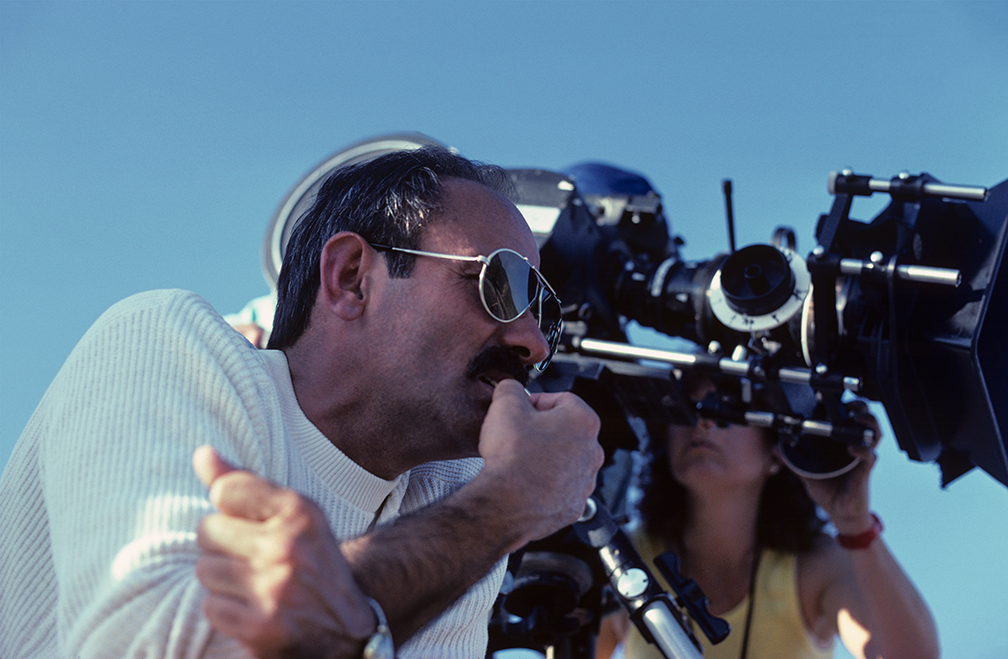
This is the follow up to our previous blog about Tom DeSimone, a major figure in the formation of the adult industry in the 1970s and one of the earliest directors of gay hardcore films during the establishment of the genre. He directed many well-produced and influential gay porn classics, many of which had an emphasis on narrative, character, and relationships, including Dust Unto Dust (1970), Catching Up (1975), The Idol (1979), and the 1974 documentary on gay porn history, Erotikus: History of the Gay Movie.
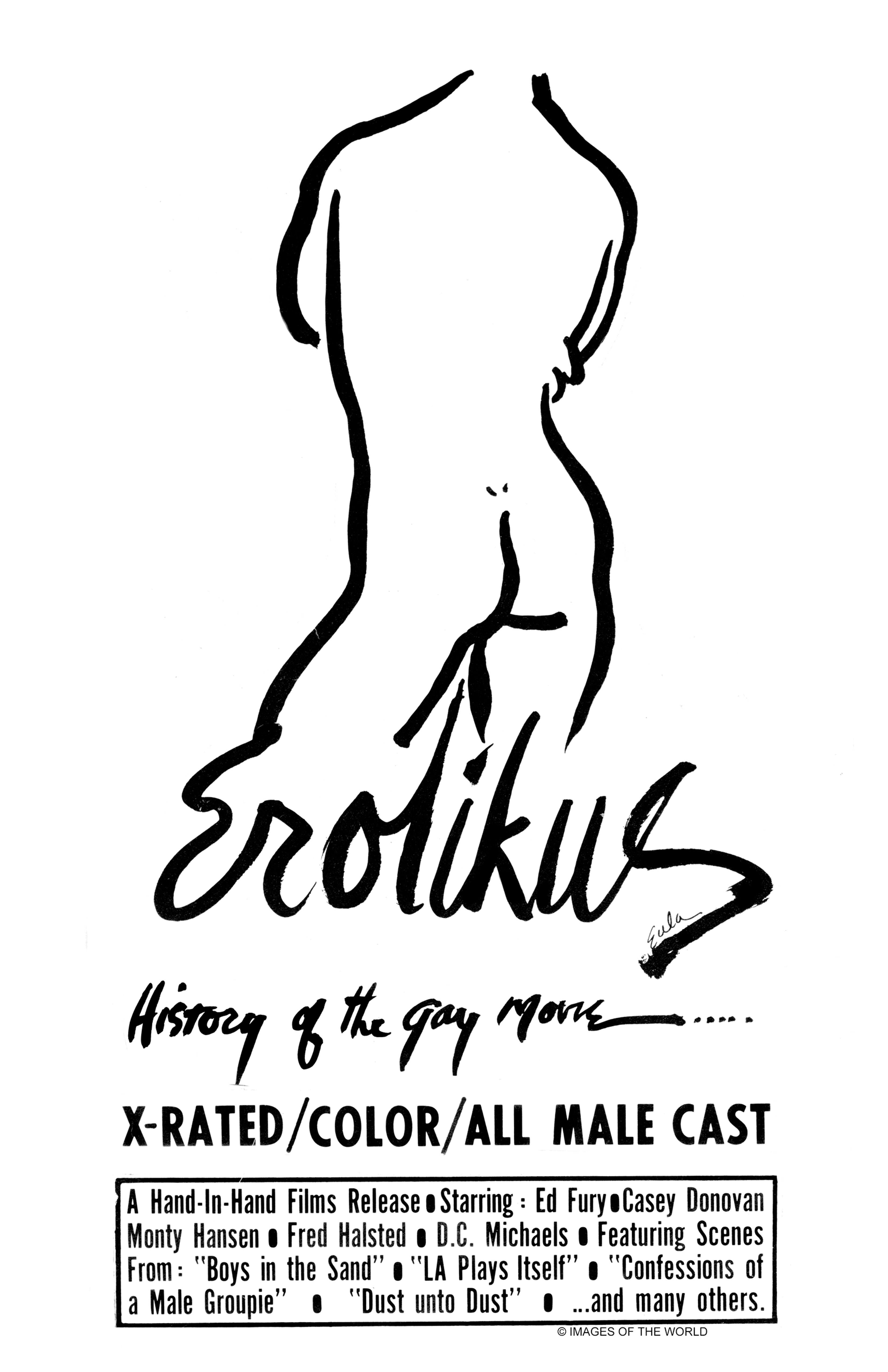
DeSimone's skillful filmmaking in porn led him into an extensive career working in mainstream film and television, which he elaborated upon in this continuation of our interview.
Please read part one for an interview with Tom about his filmmaking background and porn career! And see the bottom of this blog for Tom DeSimone's filmography and links to his movies.
Bijou: What was it like being one of the rare crossover filmmakers between hardcore gay films and mainstream fare?
DeSimone: I was a very well-known writer, producer, and director of gay porn at the same time that both Casey [Donovan] and Wakefield Poole [director and star of Boys in the Sand, 1971] were in the business. I was quite prolific, having made over 80 hardcore features. I wasn't what you would call “obscure” since my films were readily reviewed in all the gay newspapers and magazines and, in some cases, even in Variety, the Hollywood Bible. I was interviewed numerous times in gay periodicals, as well. You could definitely say I was “out there.” And yet I easily made the crossover into mainstream movies and television and, in most cases, my past was known, yet it didn't seem to matter. I worked with Linda Blair, Maude Adams, Jill St. John, Richard Roundtree, Dennis Christopher, Patty McCormick, Susan Oliver, and Barbara Luna, among others. The bottom line was the work, the ability to bring in a feature film that made the grade.
While I respect the work done by many of my peers in those heady porn years, there's a vast difference between stringing a series of erotic loops together under a unifying theme and turning out a traditional feature film. In some instances, the reviews of my films often compared them to Hollywood films. I was known for coaxing believable performances out of guys with no acting training whatsoever. I did all my own editing and made sure I scored the films with appropriate background music. In some cases, I also did the camerawork to be sure that I was putting up on the screen what I wanted my vision to be. I studied the Hollywood classics for years and I also had a Master's Degree from UCLA film school. My being gay had nothing to do with my work. It had always been my ambition to work in mainstream films and making porn was just a stepping stone for me, a chance to practice my art until the big break came.
Ironically, it was my porn films that opened that door. A producer, who just happened to be gay, rented a porno one night and he and his lover settled down to watch it. He was so impressed with the film that he tracked me down and then introduced me to two other producers – both straight, by the way – and it was those two who financed my first legit Hollywood film. When screening my film with them, I was curious if the sex scenes would be a turn off for them, but they weren't phased in the least. What they were looking for was to see if I had what it takes to bring in a feature or not. And that was the beginning of a long and exciting career. Six feature films and one-hundred-sixty television shows later, I'm retired now and take great pride in looking back at it all.
Hollywood was, and still is, filled with gay writers, producers, and directors... they recognize talent when they see it and they reward it accordingly. Sometimes people think we [porn makers] were all just amateurs with a brownie camera in a cheap motel room, grinding out trash. Today's audiences need to know that there were real artists working back then... myself, Jack Deveau, Peter de Rome, Jerry Douglas, Wakefield Poole, etc. We opened the doors... and some of us even stepped through to the other side.
I had always had my eye on working in the Hollywood system from the time I was about ten years old. Making porn was just a means to that end. It allowed me to practice my craft at my own pace and to learn on the job, so to speak. It actually helped me when I finally did get my break because I had learned, by then, to shoot fast and from the hip, as the saying goes. Producers always liked the fact that I didn't waste time on the set and 99% of the time my films and TV shows came in on time and on budget.
Bijou: Which was your first Hollywood film, the one that you got a deal to work on by way of a Hollywood producer being a fan of your porn films? What was that initial shift into working in Hollywood like?
DeSimone: That film was Chatterbox [1977], which was actually a sex comedy. I was introduced to a producer at a New Year's Eve party by a friend who was a writer and successful. He was always a fan of my films and wanted to help me get my foot in the door. He introduced me, the producer and I chatted, he asked to see something, I arranged a screening of The Idol, he loved it, and that was the start. I had an old script lying around that I had intended to shoot, a straight porn movie called Lips about a girl with a talking vagina. He flipped for it but didn't want to do anything hardcore, naturally. So Lips became Chatterbox and my career out of porn was born.
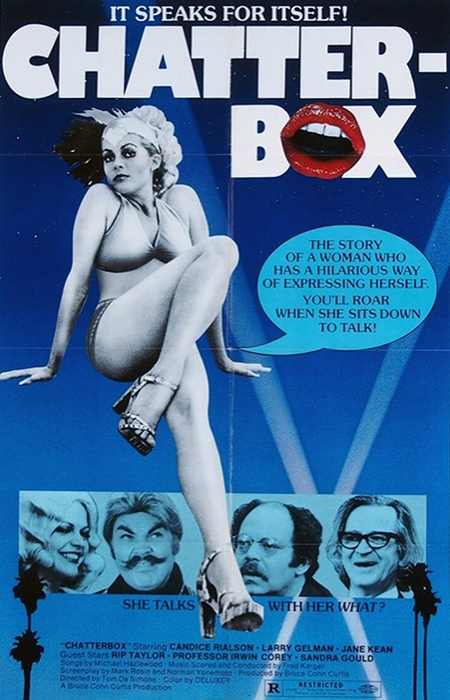
Bijou: Tell us about working on porn sets versus mainstream Hollywood sets.
DeSimone: The transition was awkward at first, because making my porn films was a small affair. Me, the cameraman, and the sound man and one assistant who did what we needed on the set. On my first film, Chatterbox, I was astounded to show up on the set and have 100 or more people all busy working and depending ON ME to get things moving and get things done. I knew how to make a film, but had to learn how to relegate duties to others. I was used to moving equipment around and wrapping cables, etc. It was a big surprise (and a lovely one) at the end of the first day of shooting – the assistant director came up to me and said, “Your car is ready.” I had no idea what he meant. I was picking up cables and wrapping them and he said, “What are you doing?” I said, “Finishing up.” He just looked at me and said, “NO... You're the director. You don't do that. The driver is here to take you home.” After that, it was all a joy!
Bijou: Onto a couple of specific mainstream titles, what was it like working with punk musician Wendy O. Williams in your 1986 women in prison genre satire, Reform School Girls?
DeSimone: Wendy was unique and a mystery. She was very quiet, kept mostly to herself, ate in her trailer most of the time, and didn't socialize or mingle on the set with others, not even me until she had to. She had very strong opinions of what HER FANS would want to see her do, so many times we had to hash things out before doing a scene. She had a manager/Svengali sort of man, who was also her life partner. His name was Rod. He actually created WENDY O.WILLIAMS. That wasn't her real name and he fashioned her entire persona, her look, and her style and she looked to him for everything. Many times while shooting, I had to confer with him about what she would or wouldn't do in the film. Eventually we became friendlier and I was even invited by them to visit in New York, where they lived and worked in a huge loft. It was quite an experience seeing them in their own world. Unfortunately, he eventually took a position in upstate New York to teach at some university and took her along. It was my understanding that they had married. Sadly, being a faculty wife in a small academic community didn't make it for her and one morning she went out into the woods with a rifle and shot herself. Sad ending to a tumultuous life.
(Read more about Tom's work on Reform School Girls in this interview.)
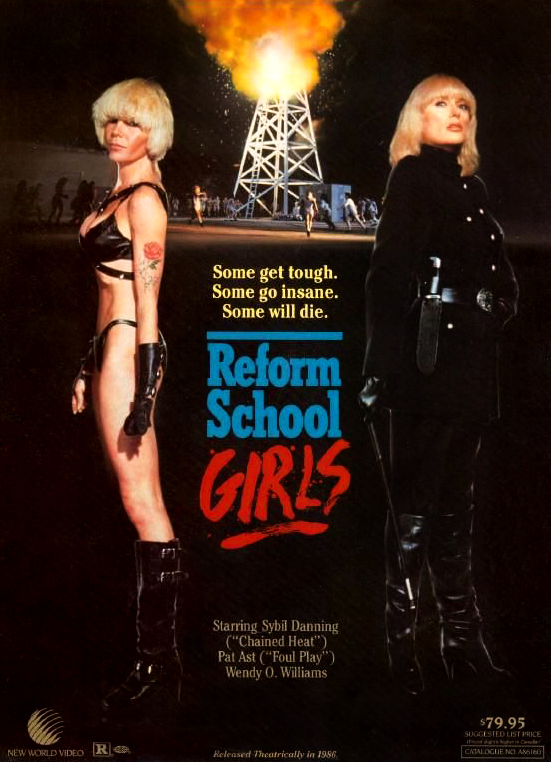
Bijou: What was it like working with The Exorcist's Linda Blair in your 1981 cult horror film, Hell Night?
DeSimone: Linda was a gem. We hit it off immediately and remained friends for several years after the film wrapped. She was hesitant at first about doing another horror film after doing a couple of Exorcist films, but we convinced her that her character wouldn't end up being a victim but, instead, would be the one who saves the day. She was always professional and has a great sense of humor, which made the work a lot easier. The entire film was shot at night, so working was difficult and, at times, really a struggle in the cold nights outdoors. We shot over the Thanksgiving holiday and even Christmas. When we took a break from shooting for Christmas, she arranged a big party for the entire company, actors and crew, and had it catered and everyone was invited to her home. I thought that was pretty special of her, since most actors would have wanted to take the time away from everything and just relax. We stayed in touch for several years after the shoot, but now only on occasion do we cross paths.
(Read an interview with Tom about the making of Hell Night here.)
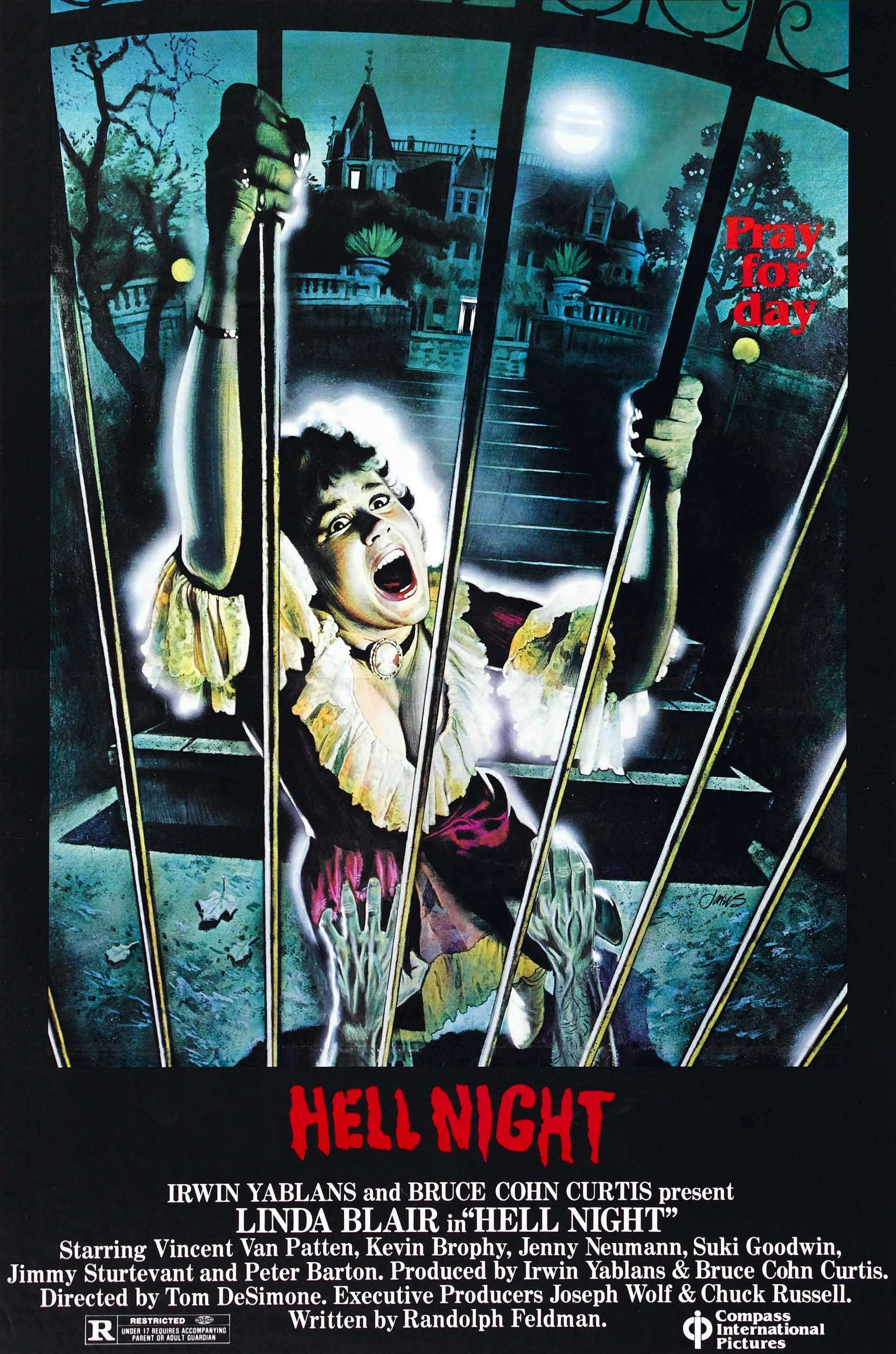
Thank you again to Tom DeSimone for generously discussing his career!
Tom DeSimone's Partial Directorial Filmography:
(From IMDb and Gay Erotic Video Index)
Links to movies available through Bijou Video
The Collection (as Lancer Brooks) – 1969
One - 1970
Dust Unto Dust (as Lancer Brooks) – 1970
Peter the Peeker – 1971
Lust in the Afternoon - 1971
Gay Tarzan – 1971
Confessions of a Male Groupie – 1971
Black and Blue - 1971
The Gypsy's Ball - 1972
Prison Girls – 1972
Chained (as Lancer Brooks) – 1973
Swap Meat (as Lancer Brooks) – 1973
Sons of Satan (as Lancer Brooks) – 1973
Black Heat (as Lancer Brooks) – 1973
Games Without Rules (as L. Brooks) – 1974
Erotikus: A History of the Gay Movie (as L. Brooks) – 1974
Station to Station (as L. Brooks) – 1974
Everything Goes (aka Anything Goes) (as L. Brooks) – 1974
Duffy's Tavern (as Lancer Brooks) – 1974
Blue Movie Auditions (aka How to Make a Homo Movie) - 1974
Assault (as Lancer Brooks) – 1975
Sur - 1975
Good Hot Stuff – 1975
Aphrodisiacs in the Male Animal (1975)
Catching Up – 1975
Chatterbox! - 1977
Hot Truckin' (as Lancer Brooks) – 1978
The Harder They Fall (aka The Frenchman and the Lovers) – 1977
Gettin' Down (as Lancer Brooks) – 1978
The Idol – 1979
Bad, Bad Boys (aka Bad Boys) (as Lancer Brooks) – 1979
Hawaiian Eyes (aka Gay Guide to Hawaii) – 1979
Private Collection – 1980
Heavy Equipment (as Lancer Brooks) – 1980
Wet Shorts – 1980
The Dirty Picture Show (as De Simone) – 1980
Flesh and Fantasy 1 – 1980
Dirty Books - 1981
Hell Night – 1981
The Concrete Jungle – 1982
Skin Deep (as Lancer Brooks) – 1982
Bi-Coastal (as Lancer Brooks) – 1985
Bi-bi Love (as Lancer Brooks) – 11986
Nightcrawler: A Leathersex Fantasy - 1986
Reform School Girls – 1986
Angel III: The Final Chapter – 1988
Freddy's Nightmares (TV Series, 4 episodes) – 1988/1989
Super Force (TV Series, 6 episodes) – 1991/1992
Dark Justice (TV Series, 18 episodes) – 1991 - 1993
Swamp Thing (TV Series, 3 episodes) – 1992/1993
Acapulco Bay (TV series) – 1995
The Big Easy (TV Series, 4 episodes) – 1996/1997
Coming Distractions (as Lancer Brooks) – 1997
Pensacola: Wings of Gold (TV Series, 1 episode) – 1998
She Spies (TV Series, 1 episode) – 2002



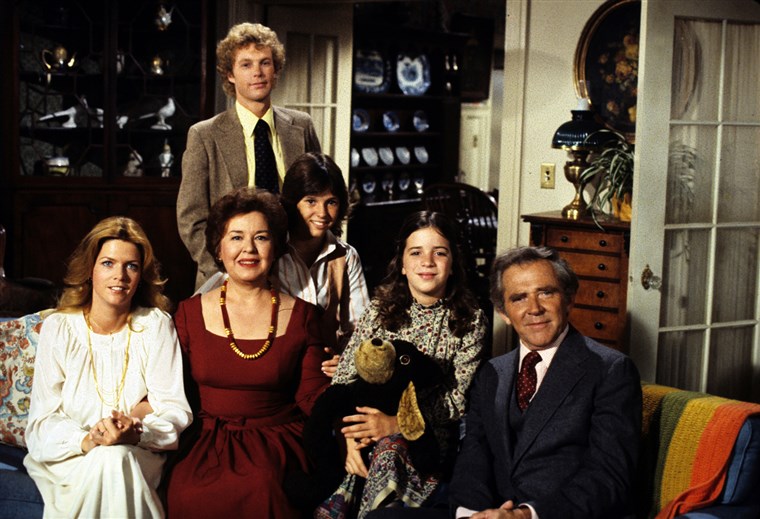
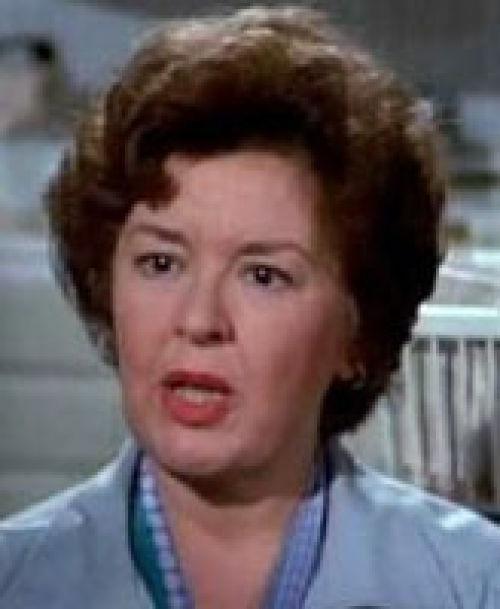
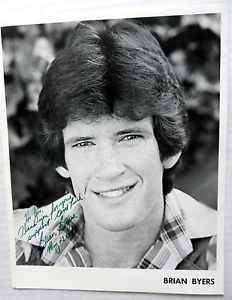
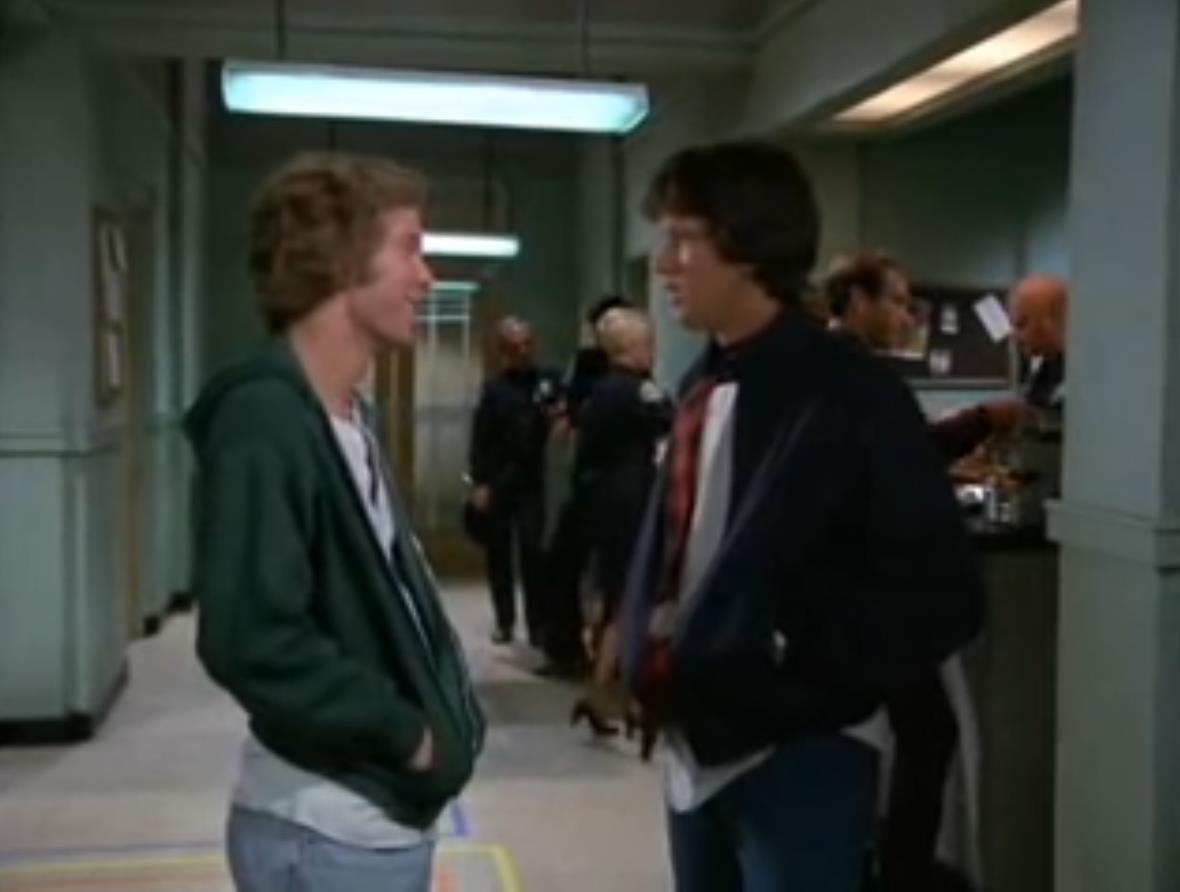
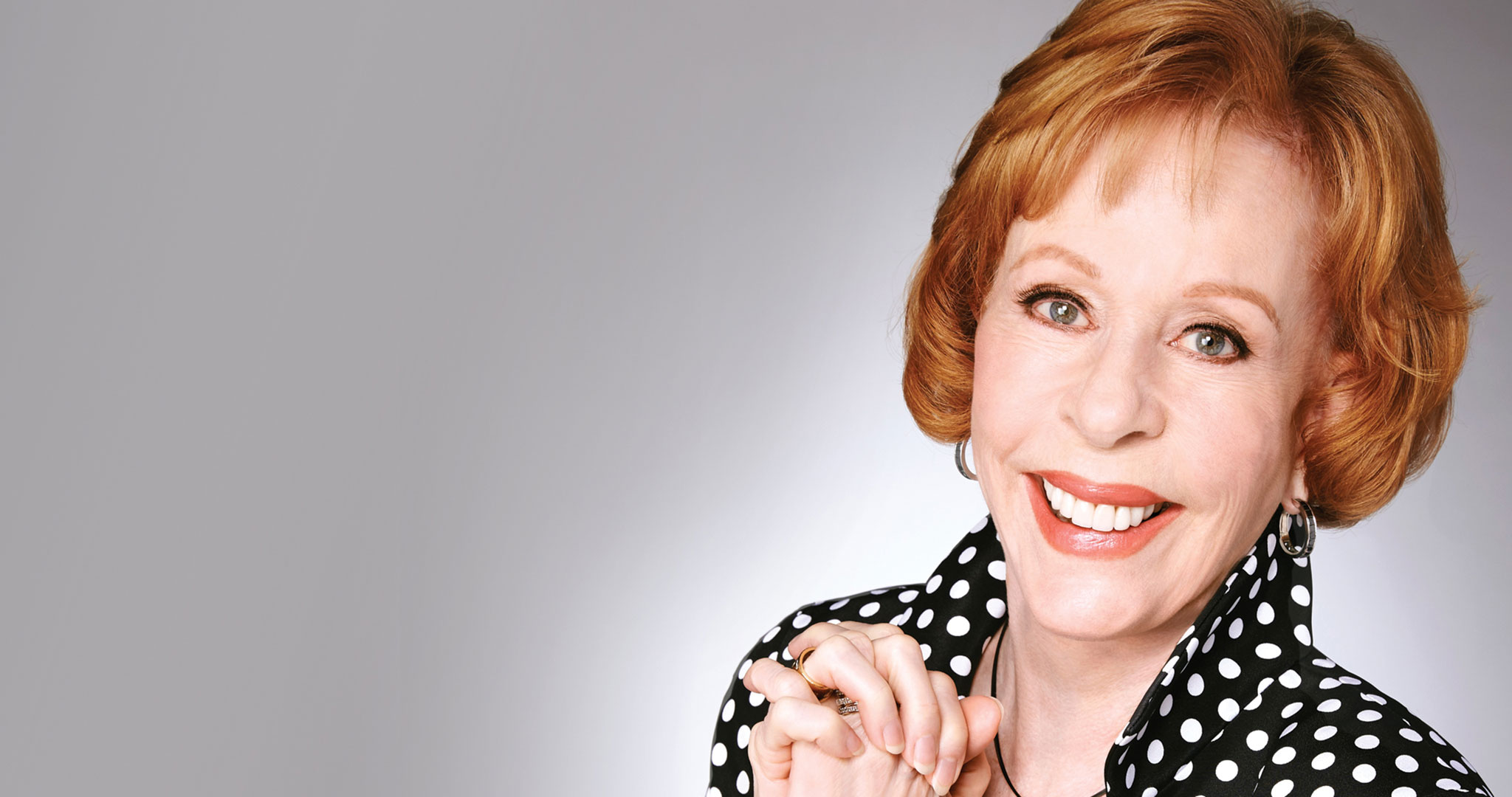

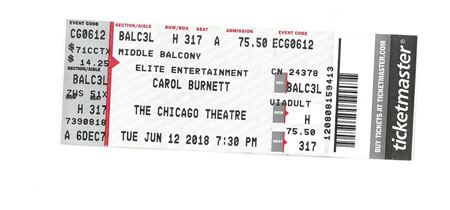
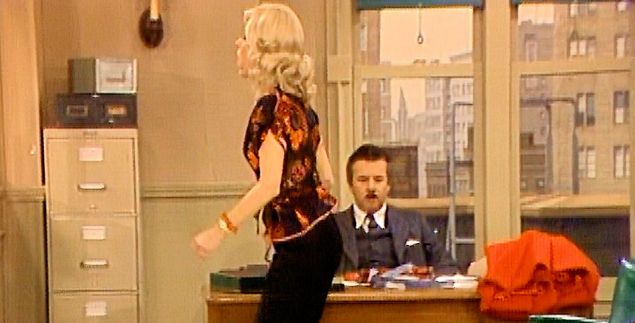
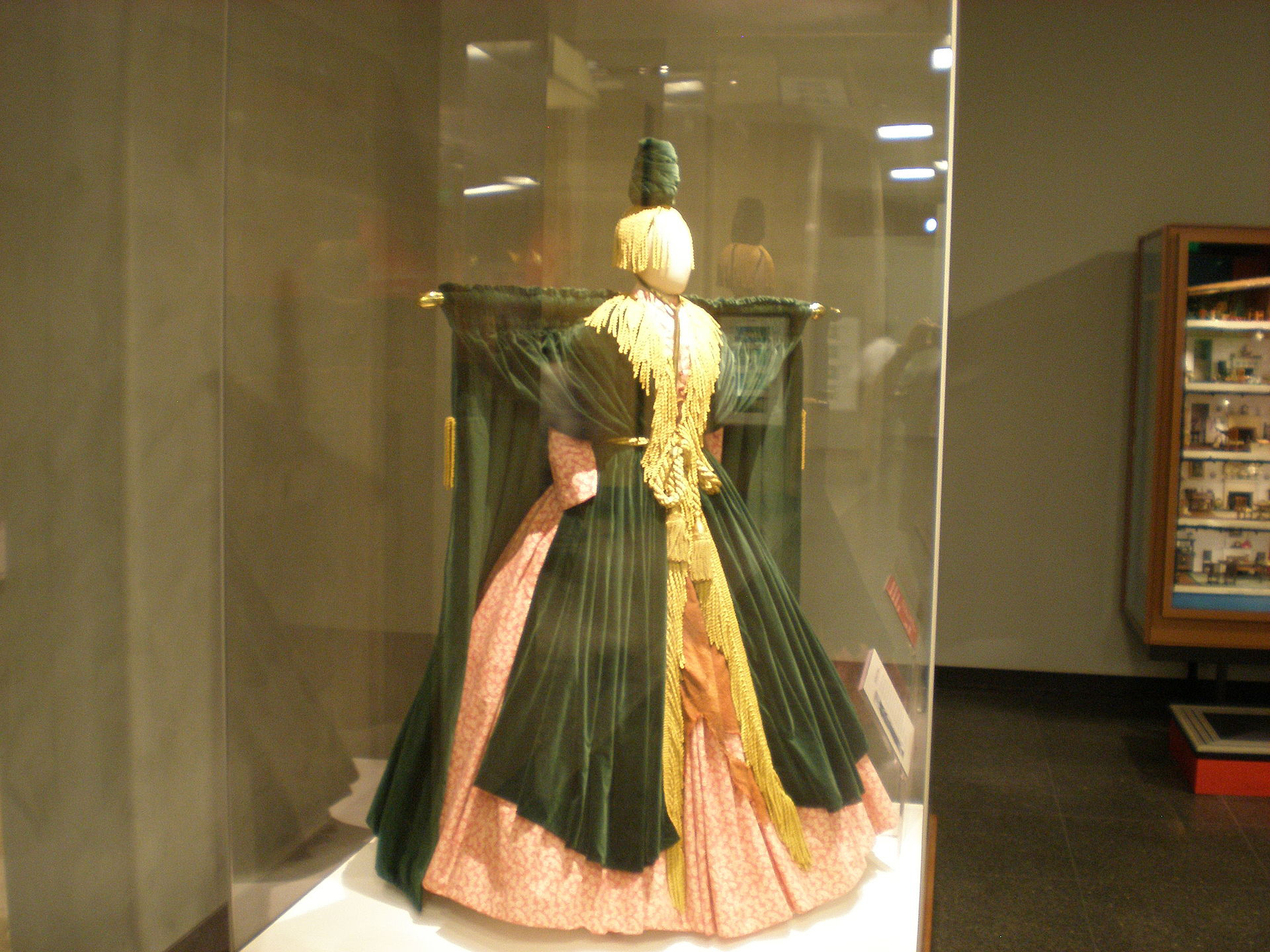
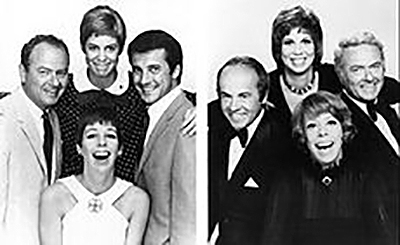
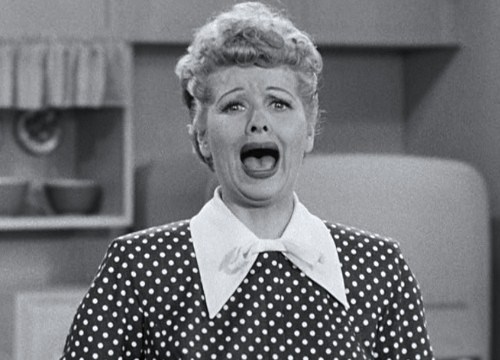
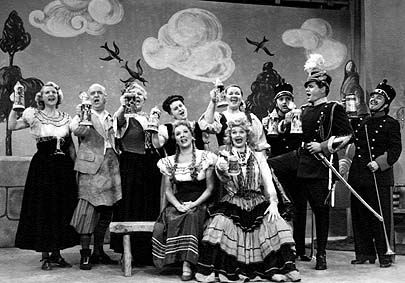
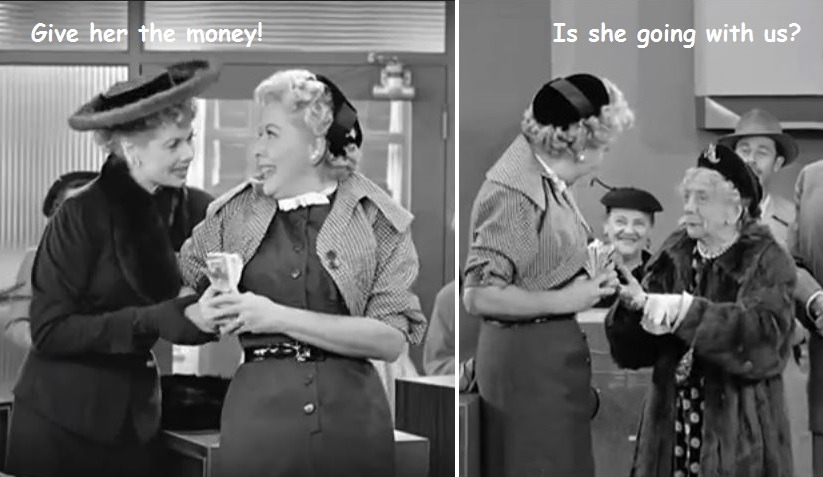
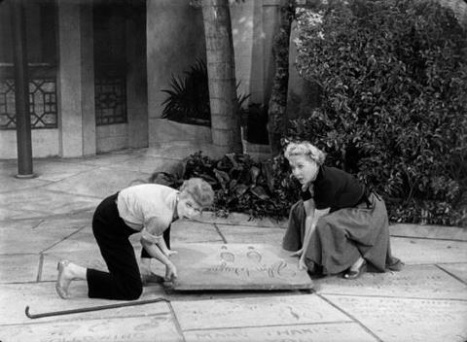
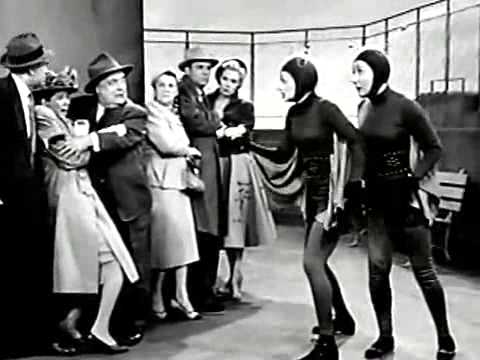

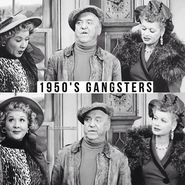
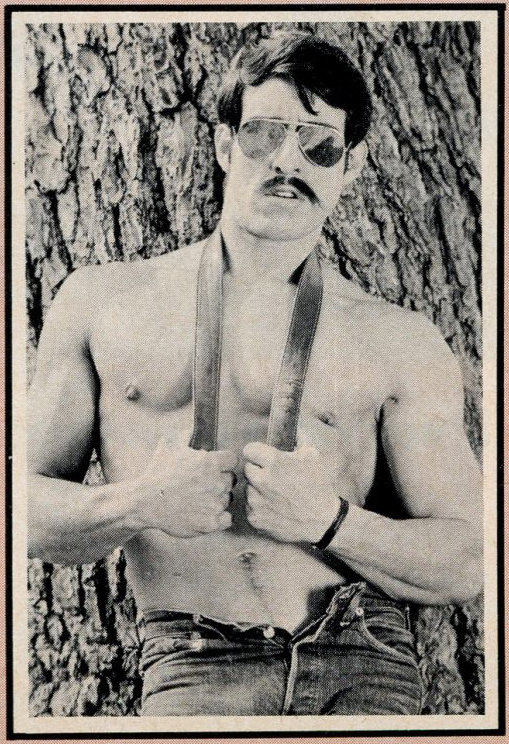
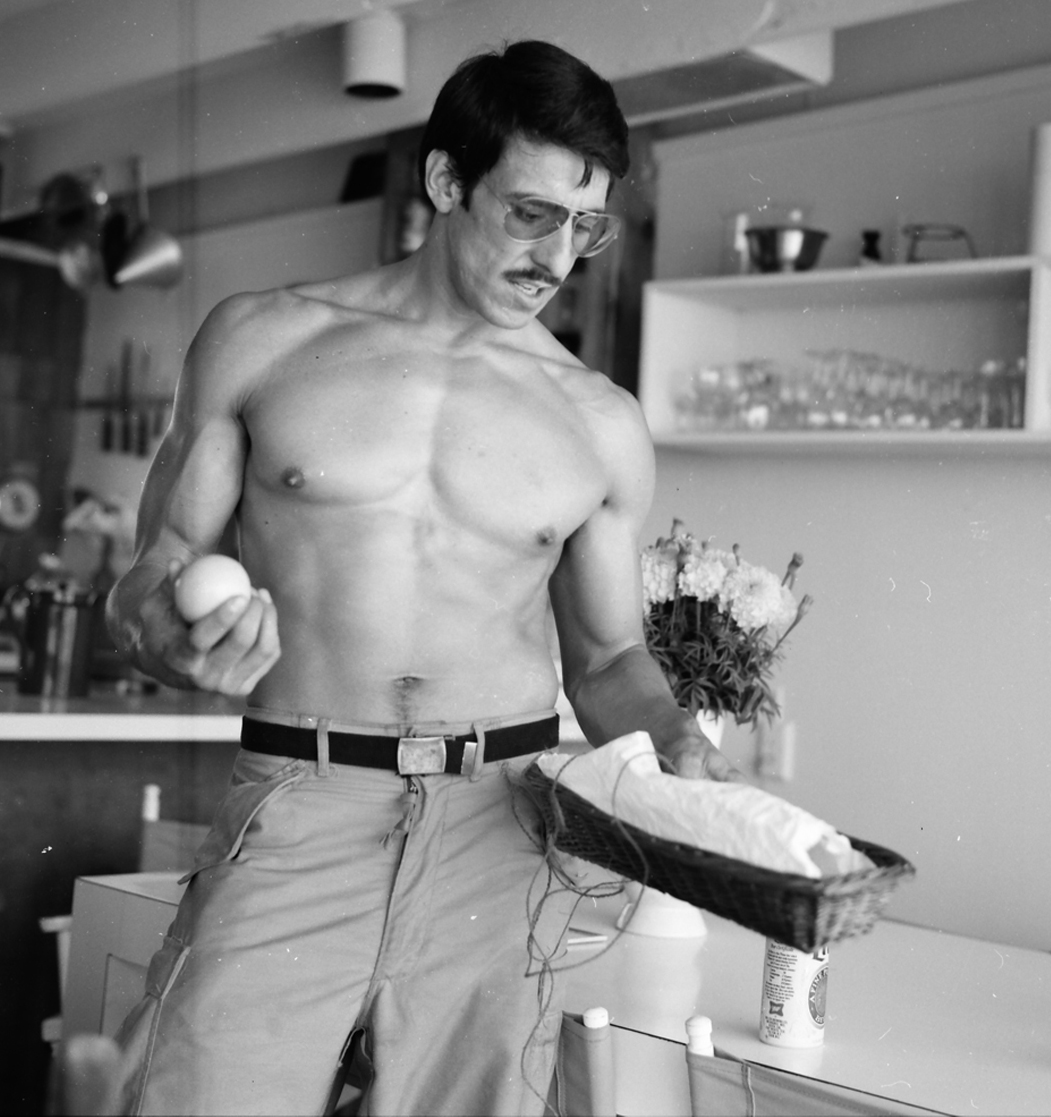
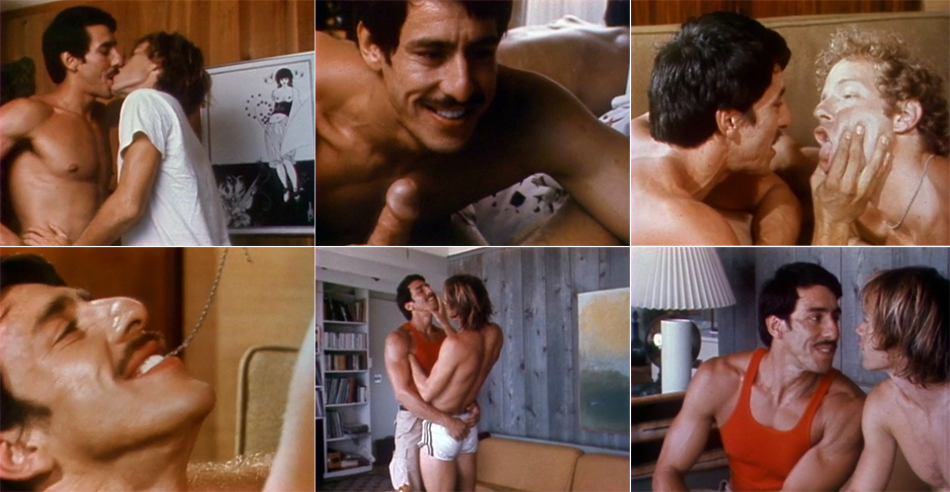
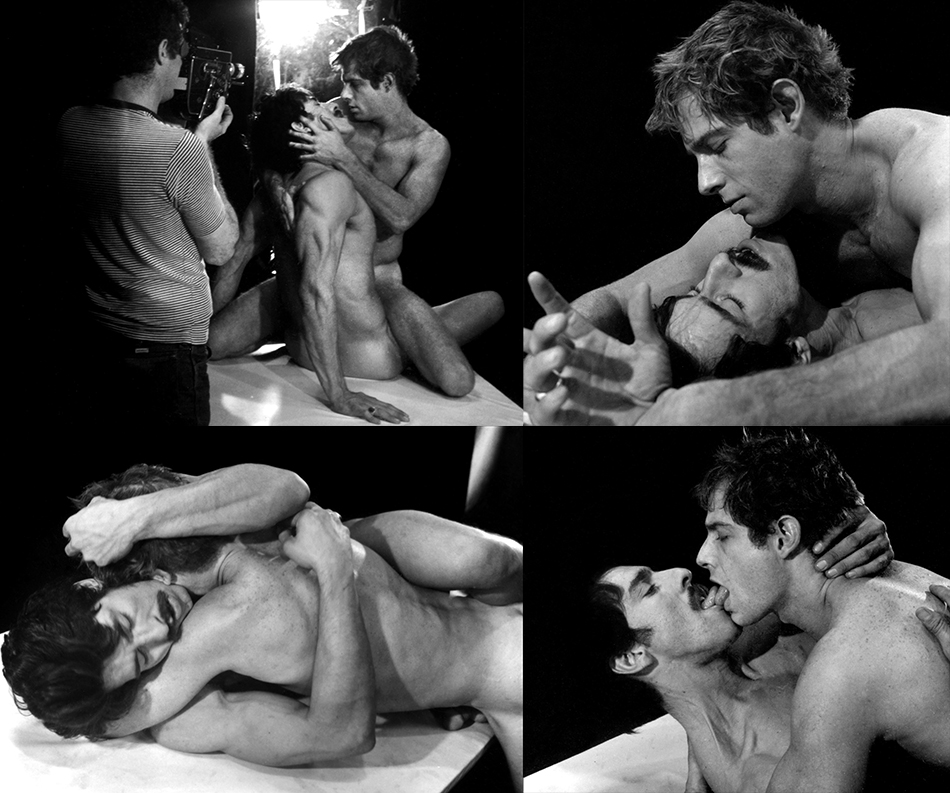
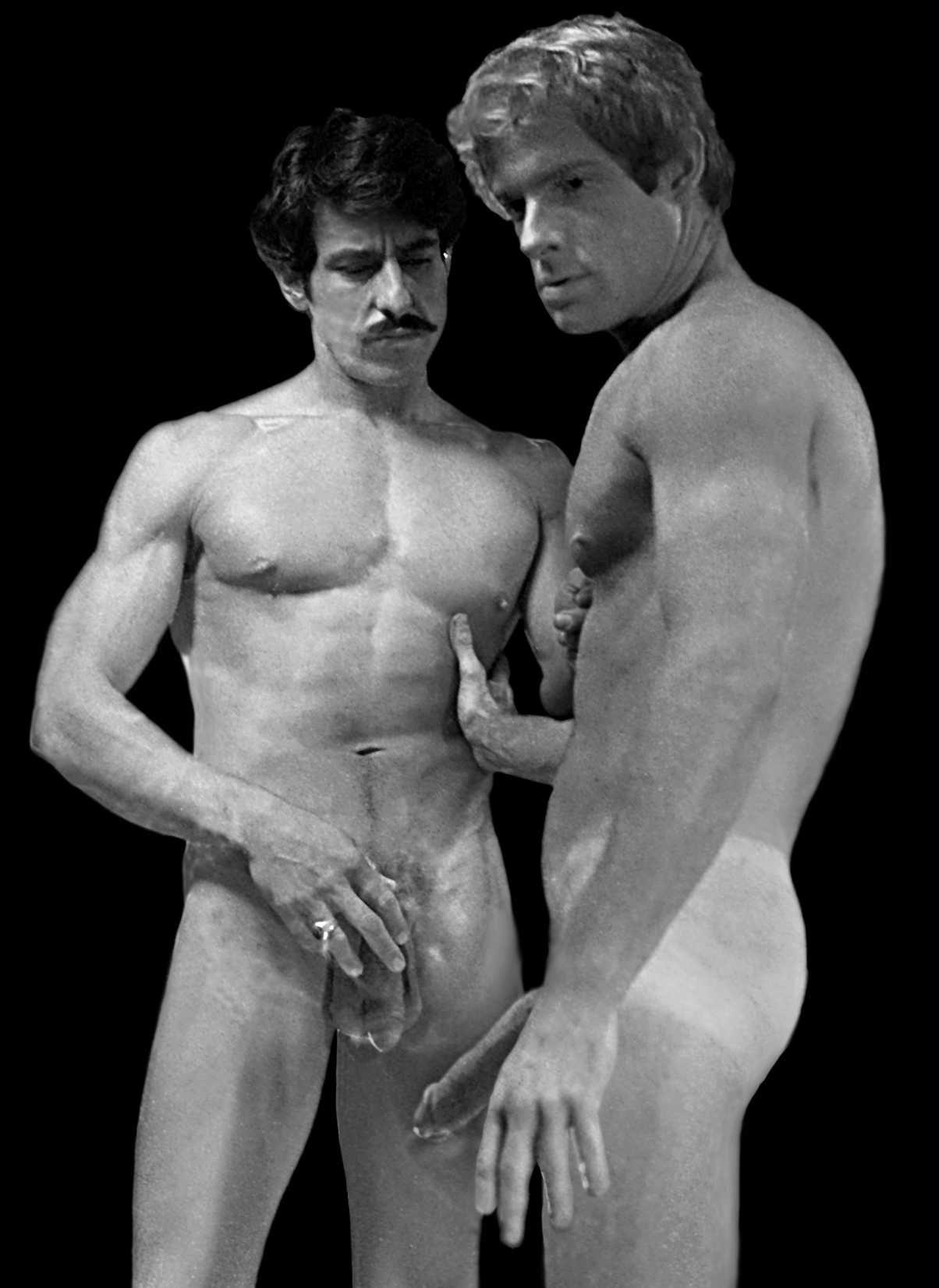
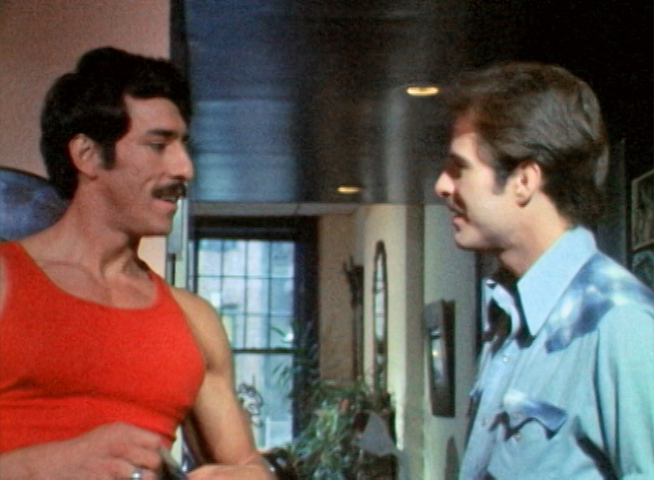
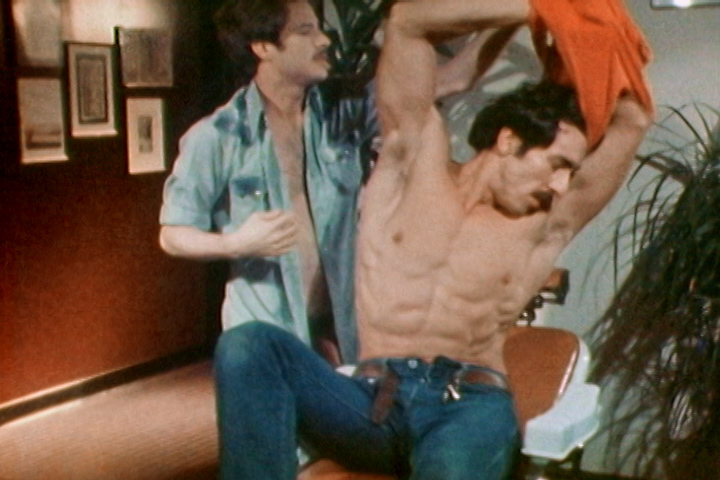
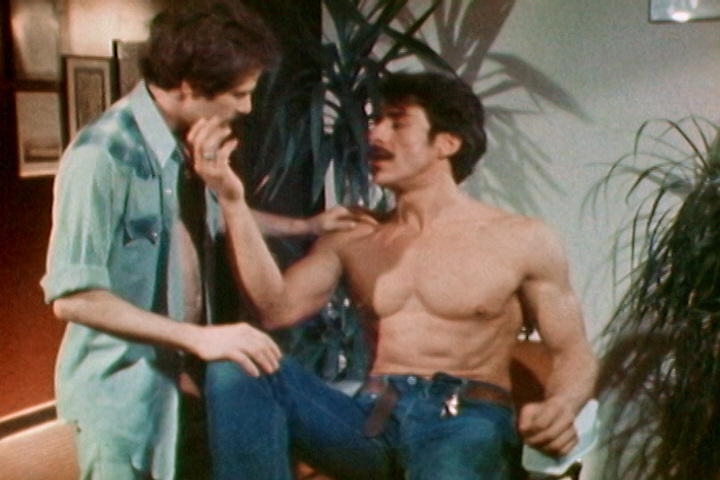
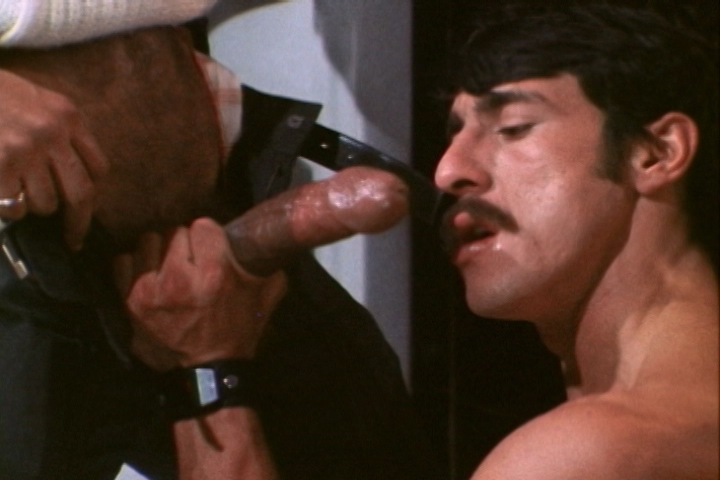
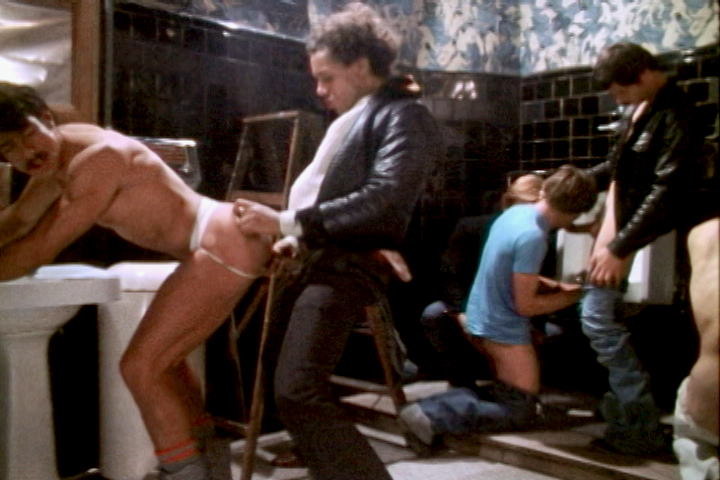
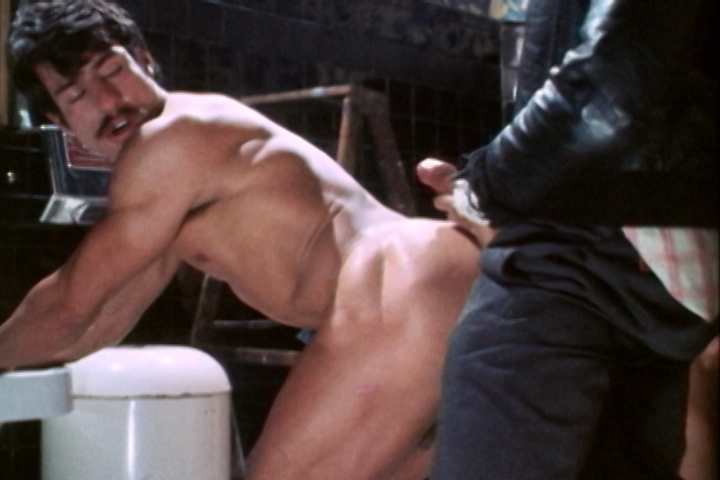
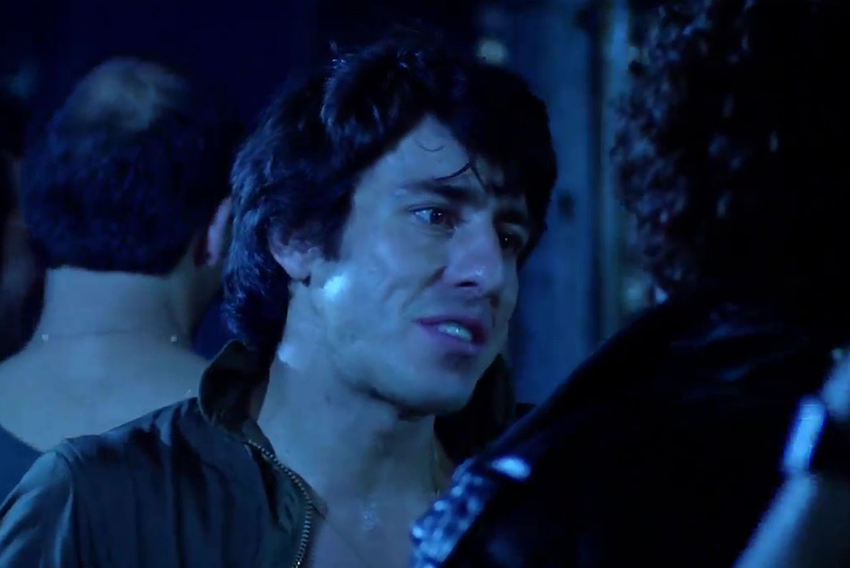
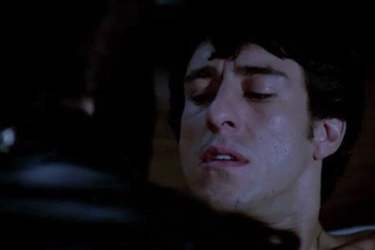
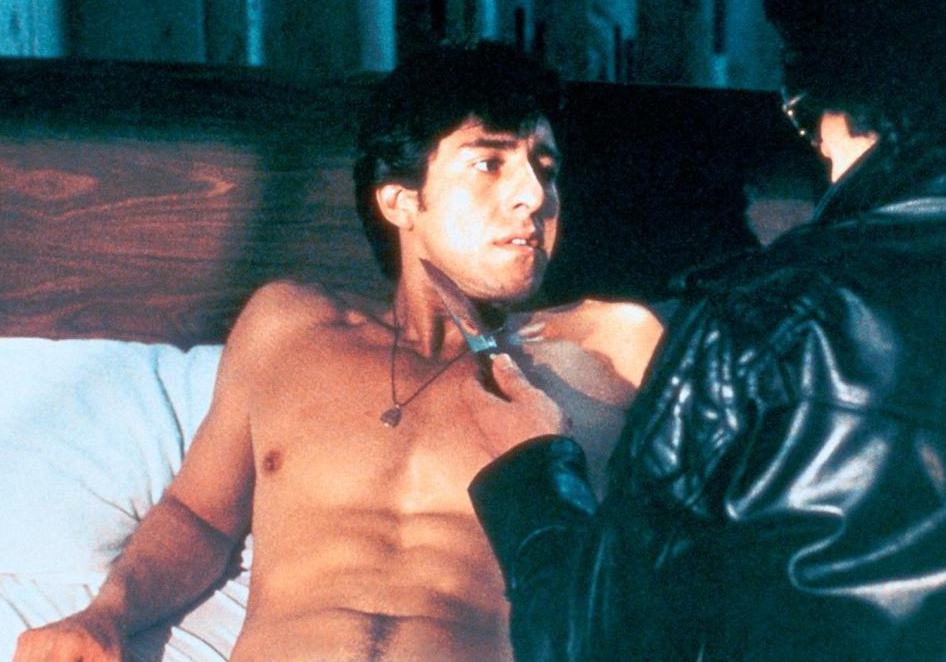
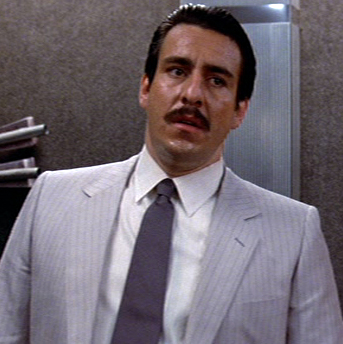
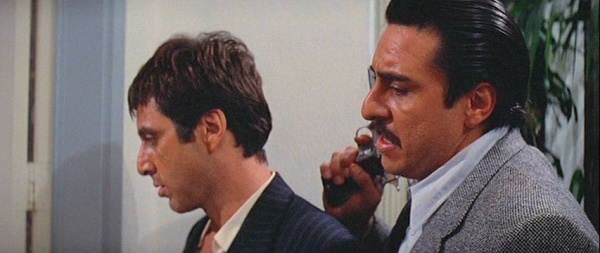
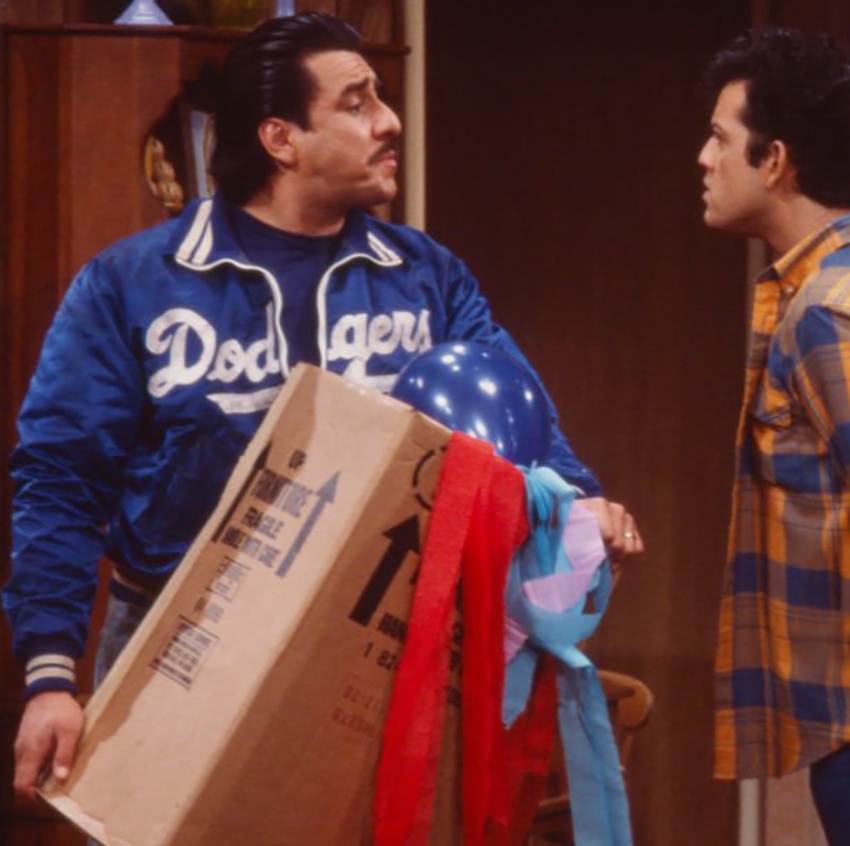
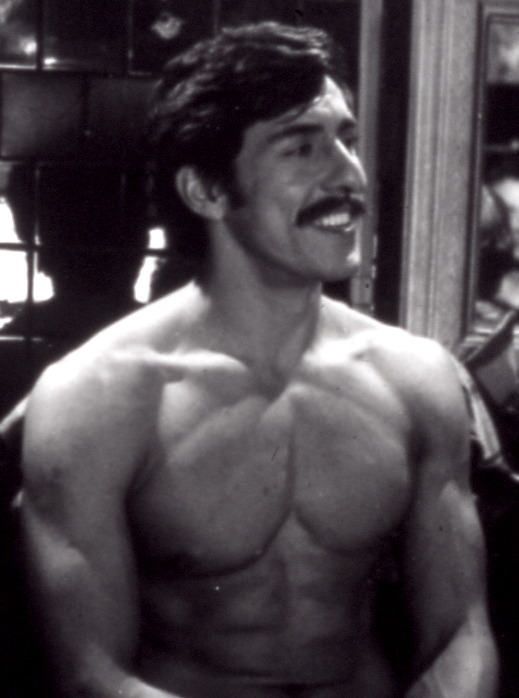
 Join our Email List
Join our Email List Like Us on Facebook
Like Us on Facebook Instagram
Instagram Youtube
Youtube Follow Us on Twitter
Follow Us on Twitter Follow us on Pinterest
Follow us on Pinterest